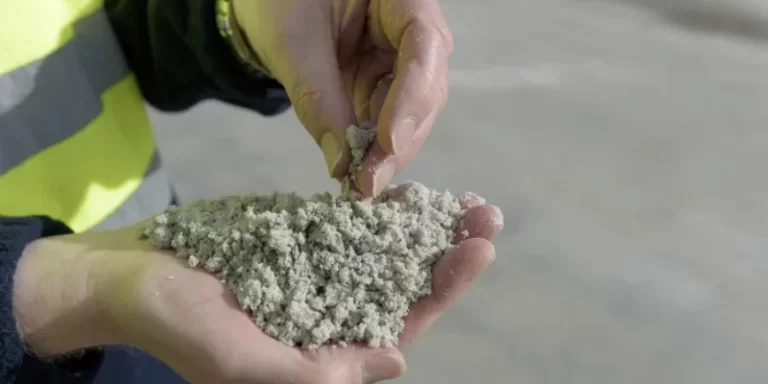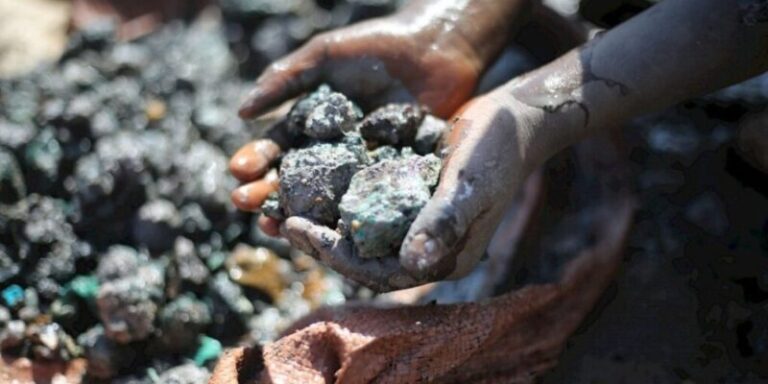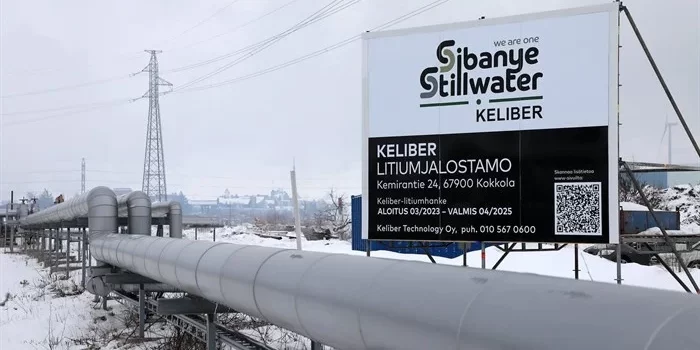
Last week, efforts to reach an accord between AUS and the European Union (EU) on fostering critical mineral supply chains fell short once again, according to sources familiar with the discussions.
The final draft statement for a high-level trade and technology meeting in Leuven, Belgium, stated that the transatlantic allies “are advancing negotiations toward a critical minerals agreement,” as seen in a document obtained by Bloomberg.
This outcome contrasts with an earlier version of the statement that hinted at a potential “agreement in principle.”
Despite hopes from both sides, an agreement was not reached ahead of elections on both sides of the Atlantic later this year, sources revealed on condition of anonymity.
The US Trade Representative’s office and the European Commission did not provide immediate comments on the matter.
Efforts to conclude an agreement have persisted for several months, but differences in terms have posed challenges.
The EU has cited the US’s insistence on more stringent conditions compared to those imposed on Japan for a similar arrangement, particularly concerning the review of labor rights across supply chains.
The potential benefits of a minerals accord are significant, particularly for European companies seeking access to green subsidies under President Joe Biden’s Inflation Reduction Act.
These subsidies offer incentives for clean-energy projects in North America, and a minerals deal would extend these benefits to electric vehicles containing EU-extracted and processed critical minerals.
However, certain limitations remain, as the FTA-like status conferred by a minerals deal would not cover recycled critical minerals or alter final assembly provisions, which the EU views as unfair in the IRA.
In 2022, the EU exported key minerals worth €8.6 billion to the US, as reported by the Geneva-based Global Trade Monitor.
The upcoming high-level meeting is expected to focus on various issues, including 6G, quantum computing, semiconductors, and bio-technologies.
Additionally, efforts will be made to address gender-based violence online, combat disinformation, establish principles for artificial intelligence, and lay the groundwork for continued cooperation beyond this year’s elections.








